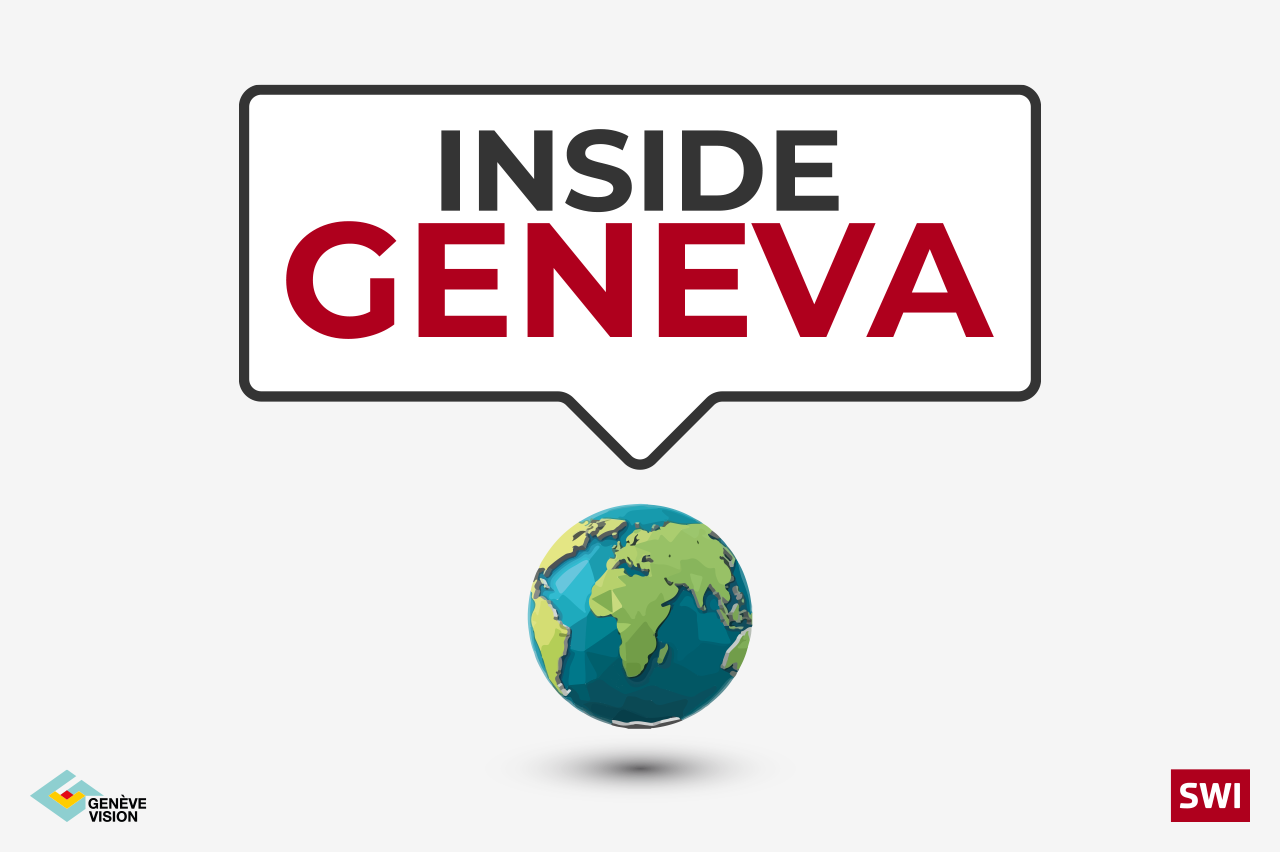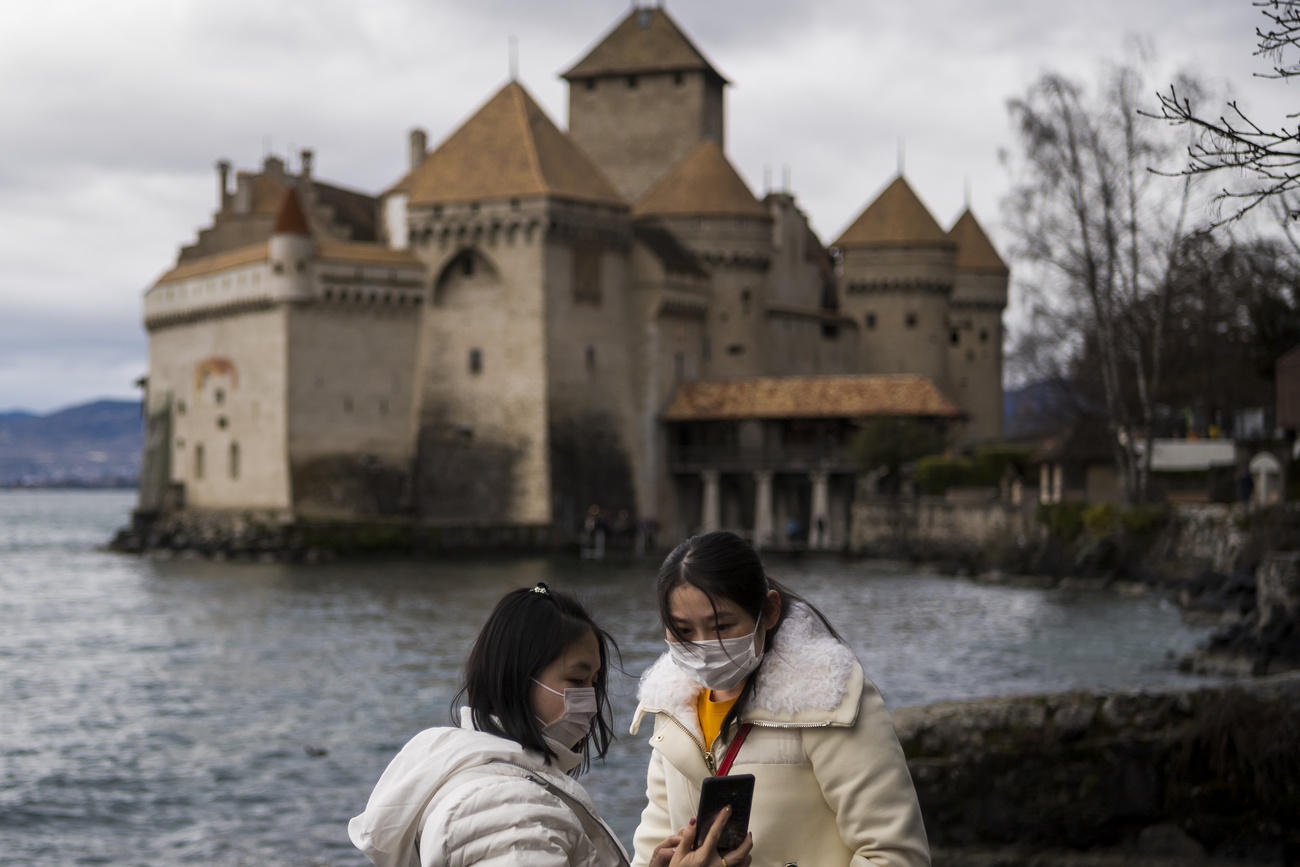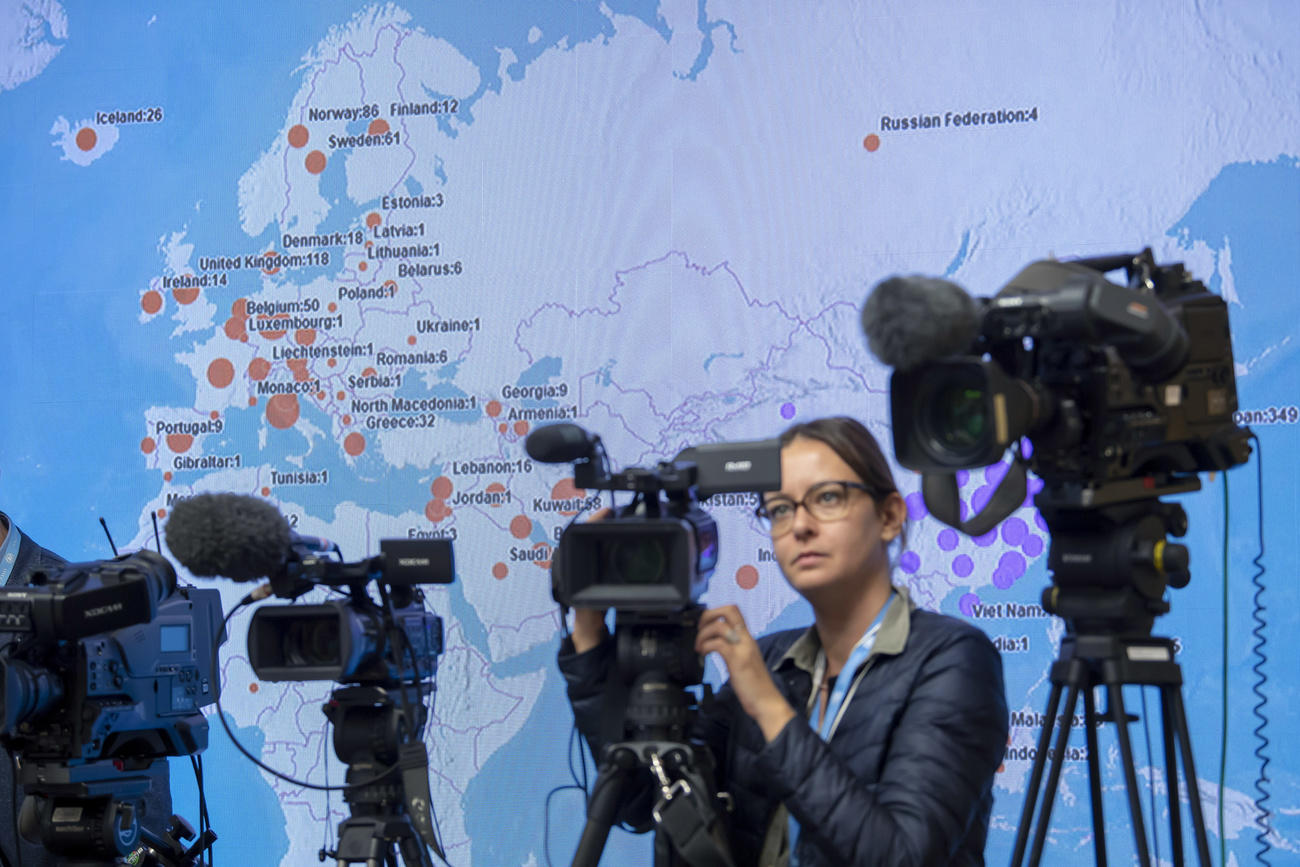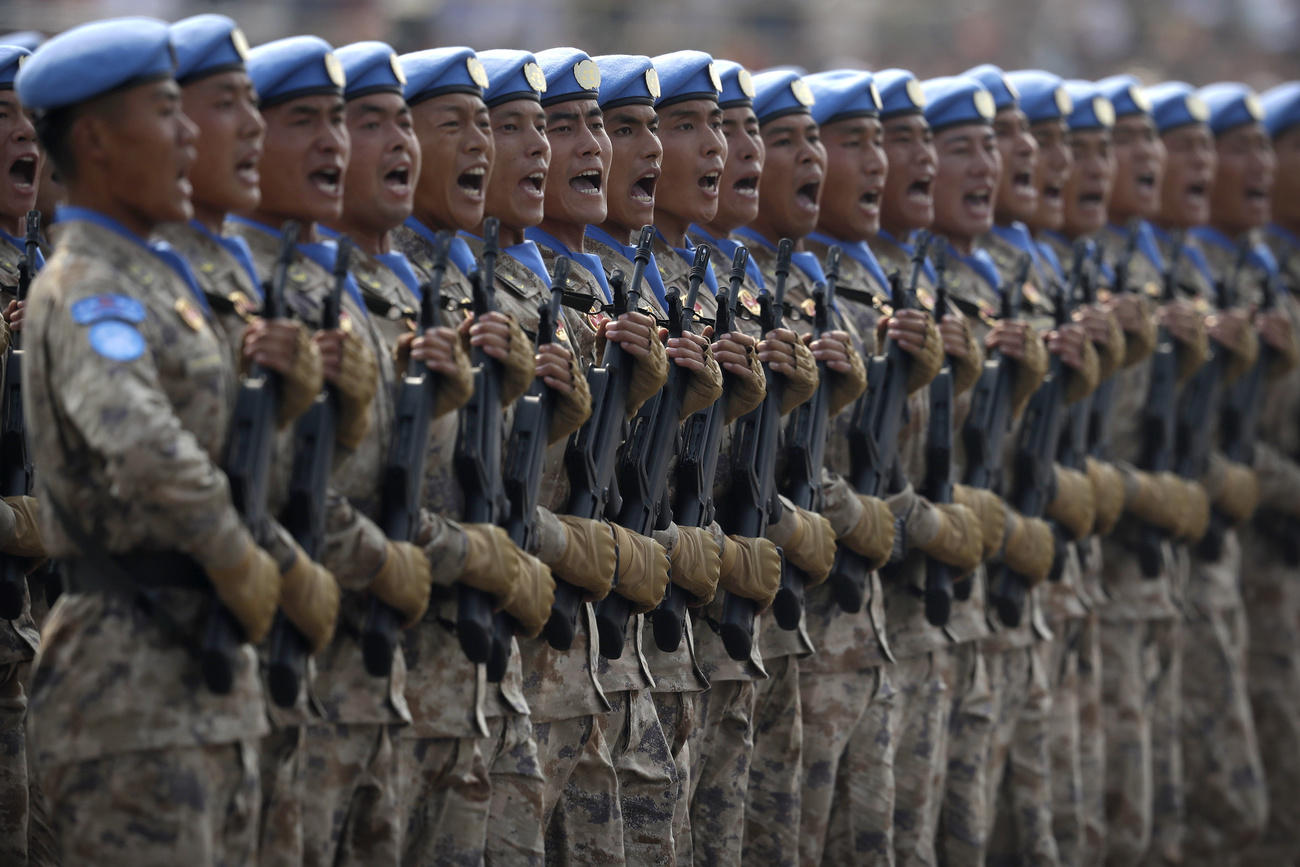Humanitarian work in the time of Covid-19
It’s my first day back at the United Nations Palais des Nations building in Geneva since early March, when life, for all of us, changed so dramatically.
Things are relaxing here in Switzerland, but, with most meetings still virtual, and advice to avoid crowded public transport still in place, the halls of the Palais are echoingly empty. Each office door has acquired a sticker with a number on it, indicating how many people are allowed, safely, inside. When I get to my own, which I had always thought of as rather spacious, I see the number 1.
Along the corridors, a team of cleaners advances, painstakingly disinfecting each door handle. The Palais is huge, and I’m reminded of that old story about painting Scotland’s Forth Road Bridge: once you finish at one end, it’s time to start again at the other.
It’s interesting how the pandemic has caused so many of us to reflect on our own ordinary lives, on the things we take for granted: jumping on trains and planes, eating in restaurants or going to the theatre.
We have all been swapping anecdotes about how we got through the lockdown; we all have our personal tales of woe, from cancelled holidays to separation from families living in other countries.
Solidarity in a global crisis
I wonder, as we focus on ourselves, if, even in Geneva, the world’s humanitarian capital, we are starting to lose sight of the fact that this is a global crisis, and that to overcome it requires, as the head of the World Health Organization Tedros Adhanom Ghebreyesus keeps on telling us, ‘solidarity.’
I wonder how many of us in Europe, as we anxiously wash our hands and consider wearing facemasks, spend time thinking what it might be like to stay safe in a crowded refugee camp, where clean water, let alone soap, are in short supply.
To learn more about humanitarian work during the pandemic, I catch up with Eve Charbonneau, the ICRC’s health coordinator in Iraq. There, the number of Covid-19 cases was under 1,000 just a month ago, but now, she says, cases are ‘rising very fast’. At the same time, the country’s health service, depleted by years of conflict, will struggle to cope with an outbreak on the scale of Europe’s, she believes.
Restrictions and shortages
There is a shortage of testing kits, and of personal protective equipment (PPE). Equipment destined for Iraq has been delayed at transit ports. Health workers are understandably concerned about working without PPE, at the same time they are being stigmatised because the general population fears health workers may spread the disease. To help alleviate the stress, the ICRC has started a pilot ‘help the helper’ project, where health workers can meet and talk about the problems they face.
The ICRC supports five primary healthcare centres in northern Iraq, and physical rehabilitation centres across the country. But movement is now restricted.
“What is getting really difficult is not just field work but getting goods from one place to another,” explains Eve. Permits are required, but the offices issuing them are regularly closed because of the lockdown.
So, among those five primary health care centres, four are now shut, meaning people requiring follow-up treatment for noncommunicable illnesses such as heart disease, hypertension or kidney disease are not getting it. At the rehabilitation centres, appointments to fit artificial limbs or to receive physiotherapy are on hold.
Undetected cases in crowded camps
Meanwhile, in refugee camps around the world, aid agencies are scrambling to put measures in place that might keep the virus at bay. In Somalia, a camp in the capital Mogadishu has been swollen by new arrivals displaced not just by conflict, but by recent floods as well. There are concerns that cases of Covid-19 could go undetected, and so the ICRC, together with the Somali Red Crescent, is supporting hygiene measures, painstakingly disinfecting the cramped makeshift shelters.
The UN Refugee Agency (UNHCR) this week revealed that the number of people displaced by conflict had reached a staggering 79.5 million, a record 1% of the world’s total population. So far, perhaps by chance, perhaps luck, a major outbreak of Covid-19 has not yet been recorded in a refugee camp.
But as UN High Commissioner for Refugees Filippo Grandi told me: “We have already seen dramatically the economic impact, because refugees, displaced people, asylum seekers, often depend on that informal economy that disappears with lockdowns, and most of these host countries have gone into lockdown, so these people have lost livelihoods. This is really very worrying.”
Finance fears
In the longer term, aid agencies are especially worried about what may happen next year, when major donor countries start to really count the cost of the pandemic on their own economies.
“I tell donor countries that I do understand that they have to prioritise the domestic response,” said Filippo Grandi. “But I also say that unless we continue to invest in humanitarian aid, then the risk of a backlash of this crisis, maybe not only on the health side, but also on the economic side, including increased population movements, is very real.”
In Grandi’s view, the call for solidarity is not a simple appeal for generosity from wealthy countries, but advice on enlightened self-interest.
“This is not the time to let go… from the point of view of humanitarian aid. If I have one strong appeal, it is ‘don’t let go’, this is the time to actually step up solidarity with poorer countries.”

More
Pandemics and power
You can subscribe to more episodes of Inside Geneva here, and follow Imogen Foulkes on twitter at @imogenfoulkes to send her questions and suggestions for Geneva-based topics.

In compliance with the JTI standards
More: SWI swissinfo.ch certified by the Journalism Trust Initiative














You can find an overview of ongoing debates with our journalists here . Please join us!
If you want to start a conversation about a topic raised in this article or want to report factual errors, email us at english@swissinfo.ch.